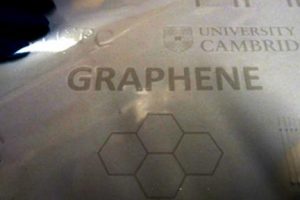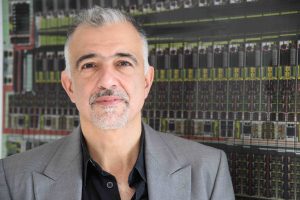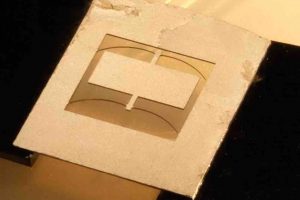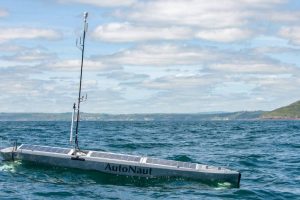A majority stake in Cambridge Graphene, a spin-out company from the University of Cambridge, has been acquired by UK-based firm Versarien, creating major graphene centre in the UK
University Electronics
The latest electronics news from UK universities
Chris Toumazou honoured for life-saving research
Regius Professor Christofer Toumazou has been recognised for his work saving and improving lives through leading edge medical research with the Elektra Lifetime Achievement Award. Professor Toumazou’s list of achievements includes cochlear implants for born-deaf children, an artificial pancreas for type 1 diabetics and a wireless heart monitor for personalised post-operative healthcare. He invented and commercialised a semiconductor device which is ...
Volcano watching smartphone in research top 5
A smartphone that measures gravity and a noise monitor for oceans are among the top university projects which Electronics Weekly has reported on in 2016.
Sussex student wins award for graphene car battery
A student engineer from the University of Sussex has won the ‘Autocar-Courland Next Generation Award’ for designing a vehicle battery that charges quickly. Josh de Wit, a second-year mechanical engineering student, exploited the qualities of graphene. A car battery made with stacked graphene, according to de Wit, would take far less time to charge, store more energy and be cheaper, ...
Innovate UK funds compound semiconductor research
Innovate UK is to invest up to £4m in new projects that help to speed up the use of compound semiconductors.
Princeton open sources 25-core server chip
Princeton University researchers have developed a new chip that promises to boost the performance of data centres.
AutoNaut autonomous boat listens to noisy ocean
Plymouth University is working with AutoNaut of Sussex on an autonomous wave-propelled boat to monitor sound levels in the ocean.
Imec’s miDiagnostics joint venture does blood tests from blood-drop
miDiagnostics aims to develop IC-based diagnostic tests which use drops of blood to detect cells, proteins, nucleic acids, and/or small molecules.
Intel invests $1.5m in IoT chip R&D in Ireland
Intel has committed to invest $1.5m over the next three years in research in semiconductor materials, devices and photonics technologies at Tyndall National Institute, the Irish ICT research institute. Intel has been investing in research at the Cork-based institute since 2009. Bernie Capraro, Research Manager, Silicon Technology at Intel Ireland, said: “The standard of work from Tyndall researchers is top-class, from ...
UK Robotics Week: UK drivers say robotic cars will be safer
More than a quarter of UK adults polled in the UK Robotics Week survey believe that the biggest benefit of driverless cars will be fewer road accidents. While 20% of adults polled in research believe driverless cars would make road rage less of a problem. The research has been commissioned by the EPSRC UK-RAS Network, is being released ahead of ...
 Electronics Weekly Electronics Design & Components Tech News
Electronics Weekly Electronics Design & Components Tech News








